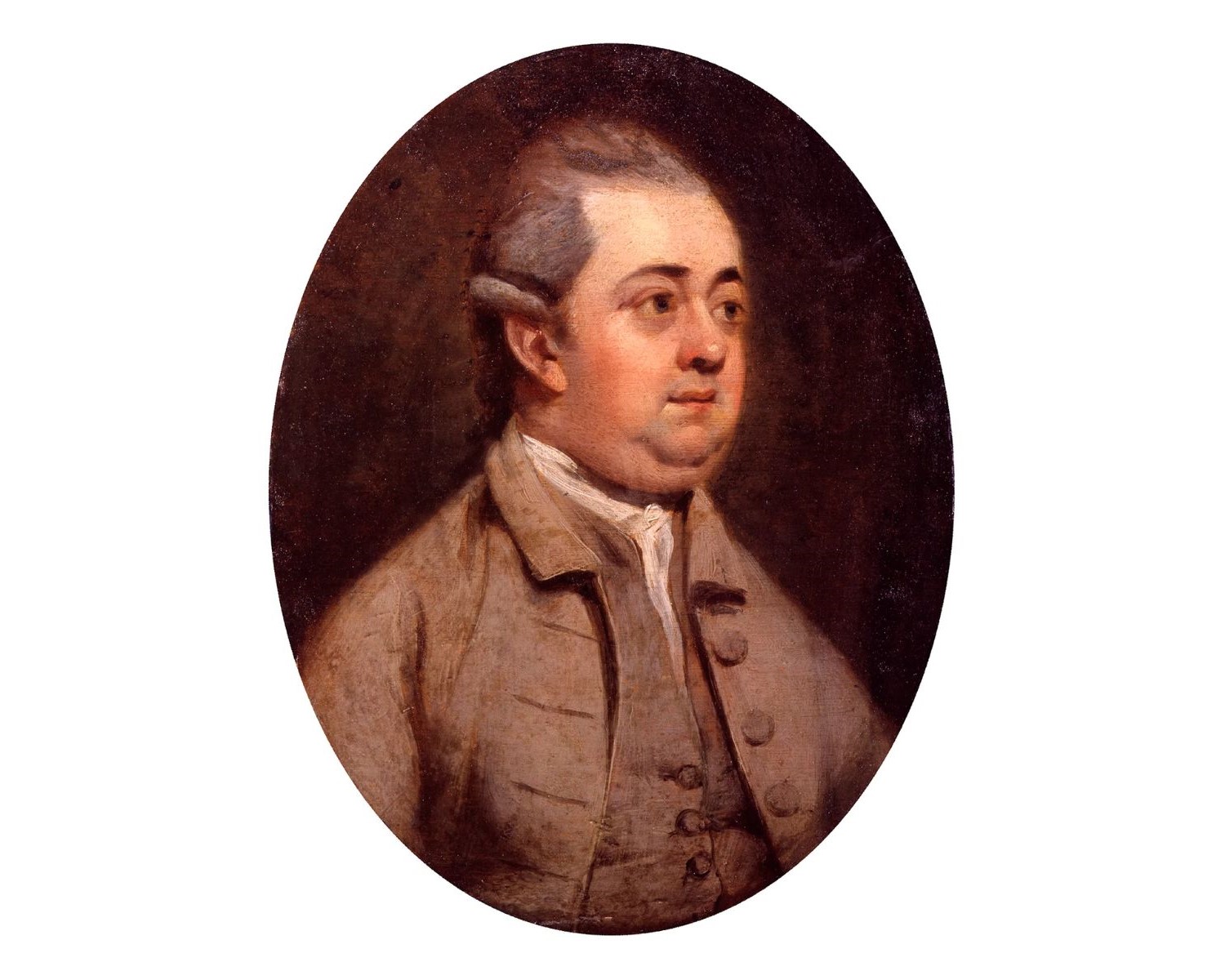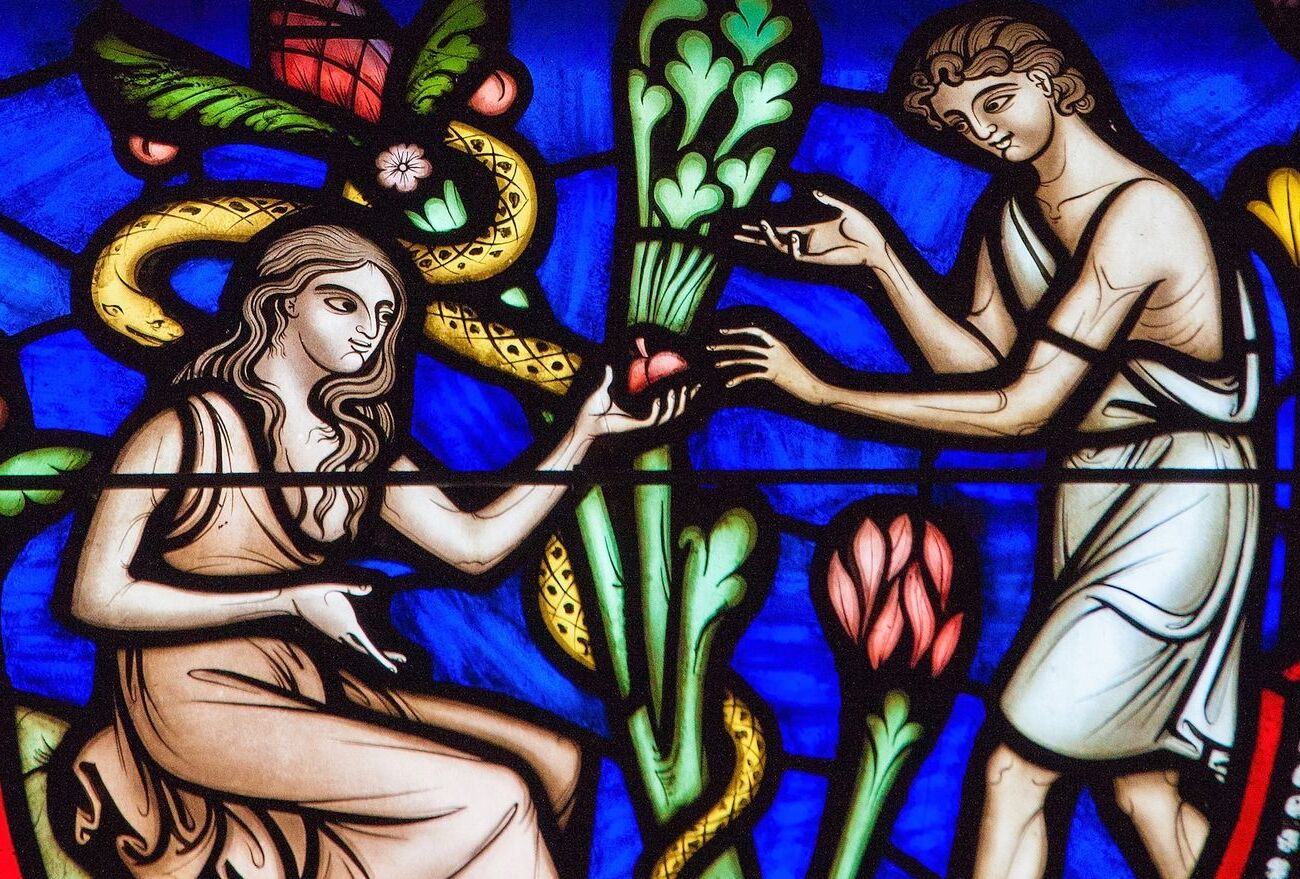
Who was Edward Gibbon? Edward Gibbon was a British historian best known for his monumental work, "The History of the Decline and Fall of the Roman Empire." Born in 1737, Gibbon's writings have influenced countless historians and scholars. His detailed analysis of Roman history spans six volumes, covering the empire's fall from the height of its power to its ultimate collapse. Gibbon's work is celebrated for its rigorous scholarship, critical approach, and engaging prose. Why is Gibbon important? His insights into the causes of Rome's decline offer timeless lessons on the fragility of civilizations. Gibbon's legacy endures, making him a pivotal figure in historical literature.
Early Life and Education
Edward Gibbon, a renowned historian, had a fascinating early life that shaped his future works. Let's dive into some intriguing facts about his beginnings.
- Born on April 27, 1737, in Putney, England, Gibbon was the only surviving child of seven siblings.
- His mother, Judith Porten, passed away when he was just ten years old, leaving a significant impact on his childhood.
- Gibbon's father, Edward Gibbon Sr., was a Member of Parliament, which influenced young Edward's exposure to politics and history.
- He was a sickly child, suffering from various ailments that kept him out of formal schooling for much of his early years.
- Despite his health issues, Gibbon was an avid reader, devouring books from his father's extensive library.
Academic Pursuits
Gibbon's academic journey was anything but conventional. His education took him across Europe and exposed him to diverse intellectual traditions.
- At age 15, Gibbon enrolled at Magdalen College, Oxford, but found the academic environment unfulfilling.
- He converted to Roman Catholicism in 1753, a decision that led his father to send him to Lausanne, Switzerland, to study under a Calvinist minister.
- In Lausanne, Gibbon reconverted to Protestantism and developed a lifelong love for French literature and culture.
- He returned to England in 1758, but his time in Switzerland had a lasting impact on his intellectual development.
- Gibbon's self-directed studies included extensive reading in history, philosophy, and classical literature.
Writing Career
Gibbon's writing career is marked by his magnum opus, "The History of the Decline and Fall of the Roman Empire." Here are some key facts about his literary achievements.
- Gibbon published his first book, "Essai sur l'Étude de la Littérature," in 1761, written in French.
- He began working on "The Decline and Fall" in 1772, inspired by a visit to Rome and the ruins of the Roman Empire.
- The first volume of "The Decline and Fall" was published in 1776, receiving widespread acclaim.
- Gibbon meticulously researched his work, using primary sources in multiple languages, including Latin and Greek.
- The complete work spans six volumes, published between 1776 and 1788.
Personal Life
Gibbon's personal life was as complex as his scholarly pursuits. Let's explore some lesser-known aspects of his life outside academia.
- He never married, though he had a brief romantic involvement with Suzanne Curchod, who later married Jacques Necker, the finance minister of France.
- Gibbon was known for his wit and social charm, often attending salons and intellectual gatherings in London and Paris.
- He served as a Member of Parliament for Liskeard from 1774 to 1780, though he was not particularly active in politics.
- Gibbon enjoyed a close friendship with John Baker Holroyd, later Lord Sheffield, who edited and published Gibbon's memoirs posthumously.
- He spent his later years in Lausanne, where he continued to write and engage with the intellectual community.
Legacy and Impact
Edward Gibbon's work has left an indelible mark on the field of history. His influence extends far beyond his lifetime.
- "The Decline and Fall" is considered one of the greatest works of history in the English language, praised for its style and scholarship.
- Gibbon's critical approach to historical sources set new standards for historical research and writing.
- His work influenced later historians, including Thomas Carlyle and Winston Churchill, who admired Gibbon's narrative style.
- Gibbon's analysis of the Roman Empire's decline has sparked ongoing debates among historians and scholars.
- His legacy endures through numerous editions and translations of his work, ensuring that new generations continue to engage with his insights.
Gibbon's Legacy Lives On
Edward Gibbon's work continues to influence historians and readers alike. His masterpiece, "The History of the Decline and Fall of the Roman Empire," remains a cornerstone in historical literature. Gibbon's meticulous research and engaging narrative style set a high bar for historical writing. His insights into the complexities of Rome's decline offer valuable lessons even today. Beyond his writings, Gibbon's life, filled with intellectual pursuits and personal challenges, adds depth to his legacy. Whether you're a history buff or just curious, Gibbon's contributions are worth exploring. His ability to weave facts with compelling storytelling ensures his place in history. So, next time you pick up a history book, remember the man who made history come alive. Edward Gibbon's legacy is not just in his books but in the way we understand the past.
Was this page helpful?
Our commitment to delivering trustworthy and engaging content is at the heart of what we do. Each fact on our site is contributed by real users like you, bringing a wealth of diverse insights and information. To ensure the highest standards of accuracy and reliability, our dedicated editors meticulously review each submission. This process guarantees that the facts we share are not only fascinating but also credible. Trust in our commitment to quality and authenticity as you explore and learn with us.


